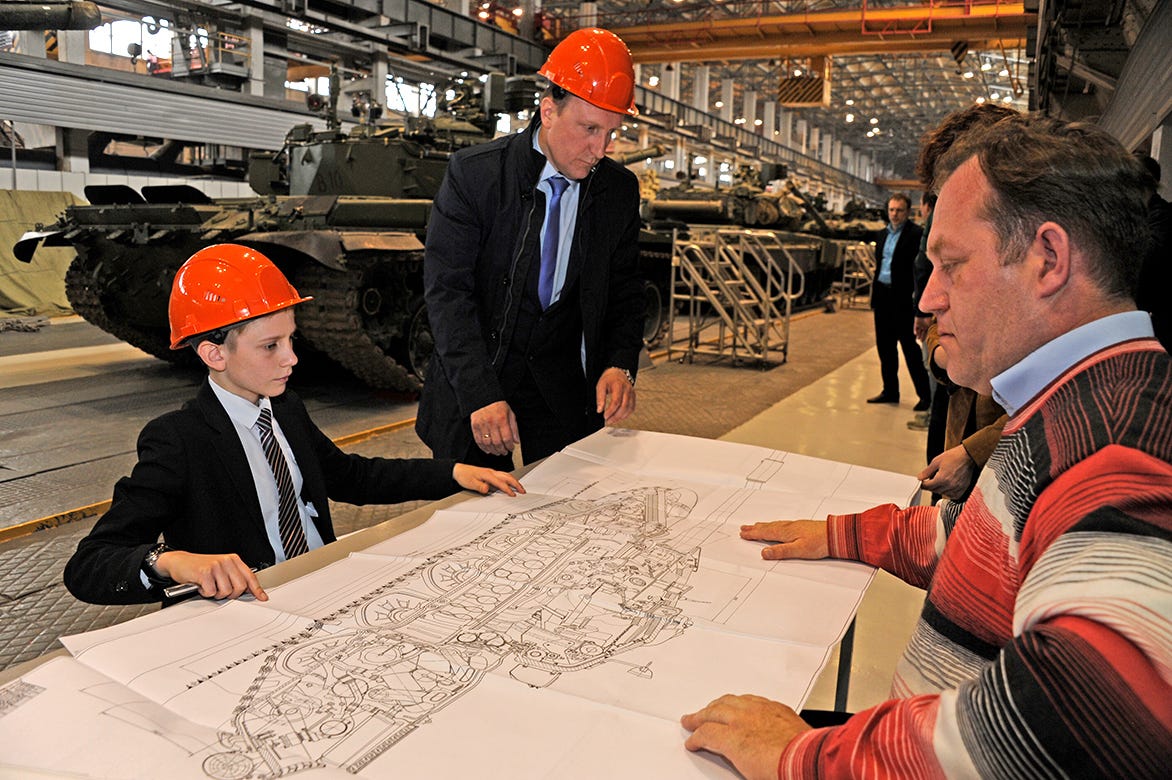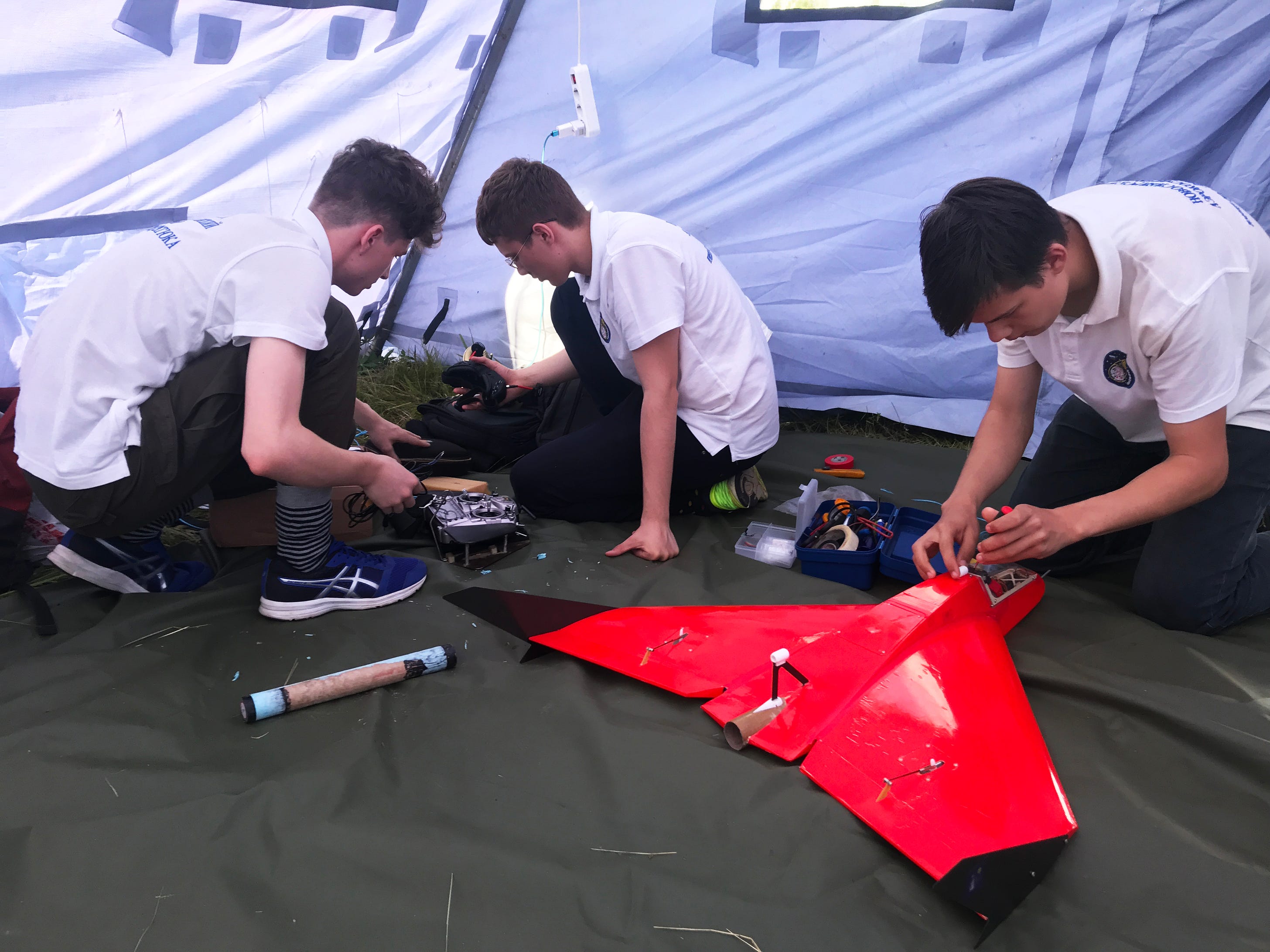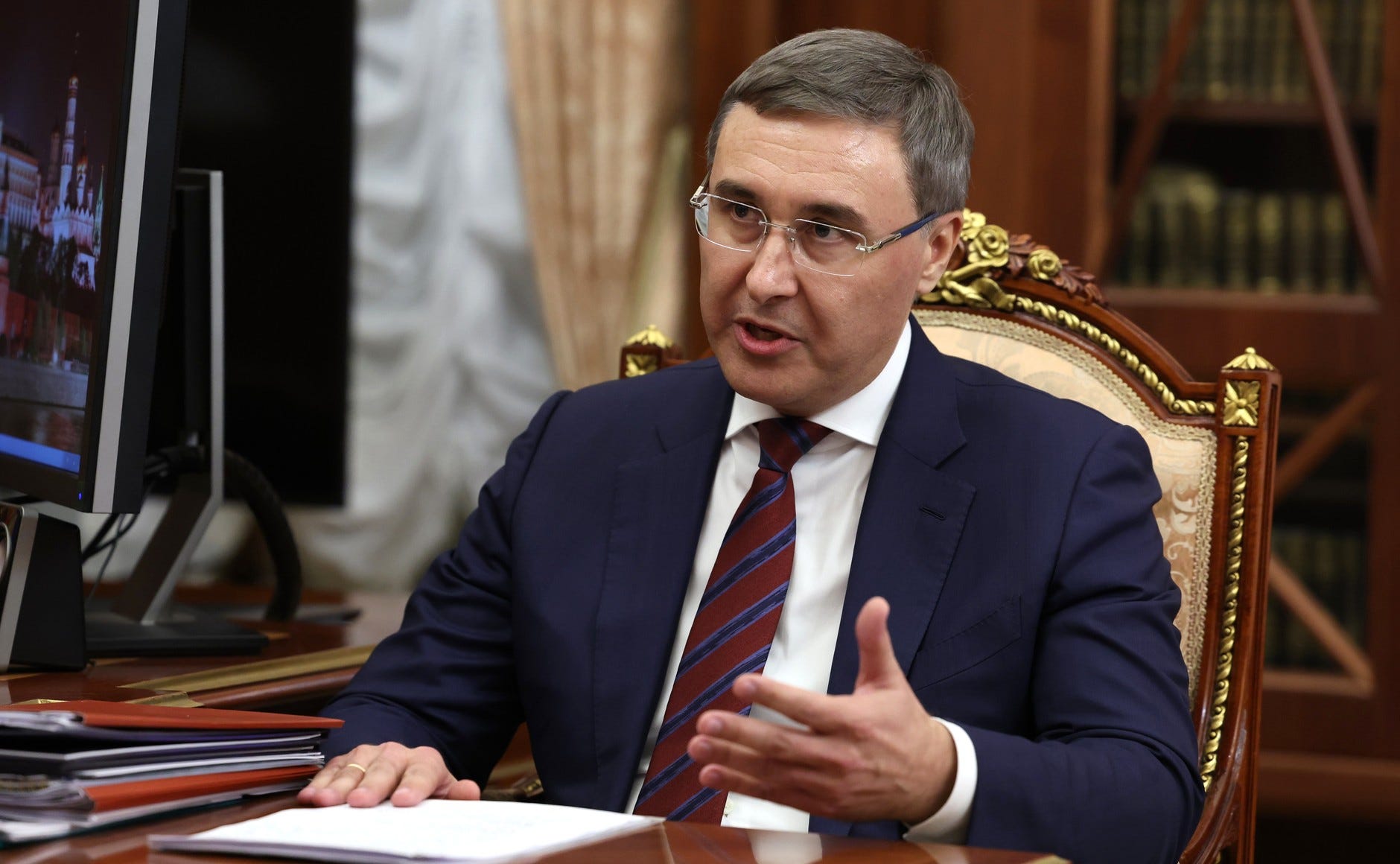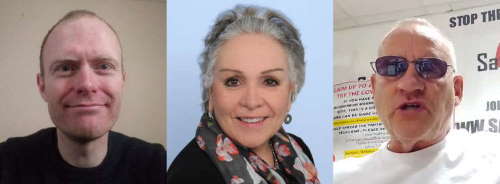The initiative to create 30 new engineering schools across Russia has blossomed bigtime and will be even bigger than planned. And it’s not just funded by the state as Russian businesses have stepped up and answered Putin’s call to get involved. Within the Outlaw US Empire, there’s no similar initiative whatsoever, and the facts reveal a continual decline in enrolment in such institutions. Recently, several Congresscritters said Chinese students should study liberal arts instead of science as they think Chinese people are unsuitable for employment in the USA in science-related capacities that include engineering, which itself is a very wide field nowadays. So, it’s not just the arms race the Empire’s losing but the basic education that provides the specialists for all industrial jobs—it can’t get enough of its own citizens to enter such fields and has relied on Chinese and Indian students to a very high degree. But with anti-Asian racism on the rise in Congress and across the land, that pool of people is going to shrink.
Vladimir Putin: Valery Nikolaevich, we have been paying a lot of attention lately, and rightly so, to the creation of engineering schools and the training of relevant personnel. I take it that’s where you’d like to start?”
Vladimir : Yes, Mr President, thank you very much.
This initiative was launched in 2022, and I must say that it worked ahead of schedule, because in June 2022 we created the first 30 engineering schools from 15 regions.
Thank you very much, you found the time in the fall, and on September 21, 2022, you met with the directors of engineering schools and regional leaders and discussed it in detail. I’ll tell you a little later, because there were tasks, and we completed them.
But the demand for these schools was so serious that in 2023 we held another competition, literally in November. We planned at least 10, but selected 20 advanced engineering schools, so today we have a good set – 50 schools, 28 regions. In all federal districts without exception, which is very important.
A special feature of each school is a good playground that solves two problems. On the one hand, you have set us the task of updating the higher education system, and these are cutting-edge platforms where we try to transform engineering education. On the other hand, it is ensuring technological sovereignty, because we know that insufficient cooperation with industry has always been the Achilles ‘ heel of higher education. And every engineering school has a partner.
Moreover, if in the first two years we spent about 12 billion rubles, then our partners – 19.5 billion, meaning all the largest companies, there are now 160 of them. Separately, I would like to note that the regions of the Russian Federation have given more than a billion rubles. Today, 11 out of 28 subjects also provide resources for advanced engineering schools.
Mr President, I received a number of instructions after your meeting.I would like to note separately that the school and higher education are inextricably linked. Therefore, we have set a task for each advanced engineering school-work with schoolchildren.
Last year, 22,000 students passed through advanced engineering schools. This is career guidance, on the one hand; on the other hand, it is an interest in basic subjects (physics, mathematics, chemistry, biology). And the schools themselves, interestingly, are not only in the field of traditional engineering. Because now there is the engineering of living systems, genetics and genomics, now there is software engineering. And we have different schools. Children are happy to study there.
In addition, I would like to emphasize that the quality of engineering teaching depends not only on who is sitting in the audience, but also on who comes in. Therefore, more than 7,5 thousand engineers were trained separately on the basis of schools and 7,6 thousand teachers improved their skills at enterprises, which is very important.
By the way, we are quite well funded in the horizon from 2022, when we started, there was an acceleration year, 2.5 billion in total, for the entire initiative – 33. Business, I want to note again, gives much more. We have about $ 60 billion until 2026.
The initiative is young, but it is already producing good results. Now we are focused on implementation. Because, of course, our task is to learn how to quickly turn ideas into technologies, products, and services. We have great faith in our academic institutions, as well as in university science. A very serious positive transformation is underway. In the coming years, we will pay special attention to this particular point – implementation.
Vladimir Putin: Excellent. I am very happy that business is not just not resisting, but on the contrary, in fact, is at the forefront of this process, right?
V. Falkov: In the vanguard. Moreover, we looked at how in the first year those schools that we selected gave one ruble 30 kopecks for about every state ruble, but the last schools, according to promises, now we will look at 2024 [year], more than one ruble 70 kopecks for every state ruble.
Vladimir Putin: And the practice is provided?
Vladimir Falkov: They provide practical training, that is, literally training is underway – the leaders of student teams are managers of, say, KAMAZ, Rostselmash or Perm Motors. And this is the best training – on live engineering tasks.
Vladimir Putin: What about a form like student contracts?
Vladimir Falkov: We are also actively using it and developing it. In this case, we are looking at it now, because the initiative is young. We expect that the quality of employment will be completely different, because the employer sees. And of course, this is a kind of, you know,intelligent engineering special forces, because these are several thousand guys who can not just work according to the norm, as they say, come and fulfill the regulations. These are the guys who should become creators. And the most difficult thing is to create, to create new technologies, to take responsibility, to lead the team.
Vladimir Putin: Good. Thank you. [My Emphasis]
The kid in the top photo isn’t an aberration. And the somewhat older kids assembling a drone perhaps of their own design is also happening very widely in Russia. In some of the other discussions I’ve reported, there was talk of hesitancy of students to take the hard science tests and courses for a variety of reasons. But the reorganization of how schools and industrial enterprises interact seems to have changed that situation, plus IMO mentors from the SMO also promote the science route as it more directly and visibly serves Russia and its people and is thus seen perhaps as more patriotic.
The STEM graduate disparity between the West and the rest has long been a topic of discussion at MoA and elsewhere. Add DPRK to the SCO members, and the West is trounced massively. Add their industrial core and the balance is even more perverse for the Empire. And education is something that just cannot be sanctioned aside from keeping Western scientists from interacting with Russian, Chinese, Iranian, etc. The fools in the US Congress even attached the Wolf Amendment to a bill several years ago that is mentioned several times in this article about the new Dark Side Moon Rocks China just brought back. The Outlaw US Empire is #1 for military bases it doesn’t need, but in all other areas that make a nation great it’s fallen to second or third rank, and it won’t get any better by increasing the amount of rent collected.

















A few years ago I had a 12 year-old Russian boy for English conversation. He had been In Switzerland for two years and his level was several years ahead of local children.
He spent every day in the local school system and every night he did a few hours at the Russian school, run by the embassy. He also found the time to play chess and was happy that the system here was much less pressured than in Russia
International children are so interesting to work with, Belyi. I. thoroughly enjoyed my 25 some years doing so in the International school system, I would have loved to have had a Russian child!!